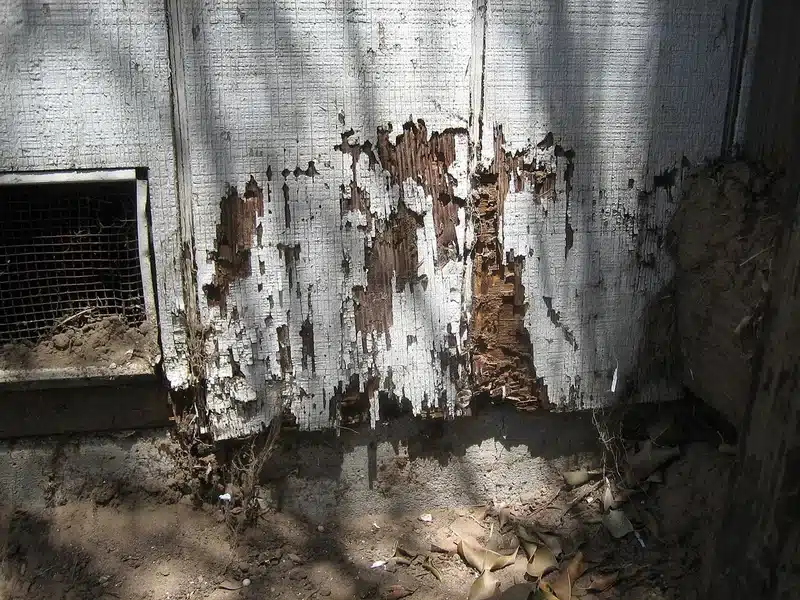Many homeowners wonder if termites bite humans. I’ve helped over 100 customers with termite problems. In my experience, termite bites are rare and mild. Focus on wood damage and health risks instead. Let’s cover bites, health impact, and home threats.
Why Ask About Termite Bites
Termites differ from ants and bed bugs. They focus on wood, not people. Many mix up their warning swarms with biting behavior. Understanding termite habits can clear up these myths. Additionally, it sets the stage for key risks.
Are Termites Dangerous? Understanding Termite Biology and Behavior
Termites live in colonies with workers, soldiers, and swarmers. Workers eat cellulose. Soldiers defend with strong jaws. Swarmers mate and start new nests. To avoid drying out, they build mud tunnels in soil and wood.
Common Termite Species in VA/MD/DC
Homeowners in Virginia, Maryland, and DC mainly face Eastern subterranean termites. These termites nest in soil, build mud tubes, and eat wood. Drywood termites arrive in infested furniture. Dampwood termites need very wet wood and avoid homes here.
Do Termites Bite People? Understanding Termite Bites on Humans
The Truth About Termite Bites
Termites rarely bite humans. Technically, soldier termites can bite if handled. They avoid open air and people. In most cases, termites don’t seek out humans. As Healthline reports, termite bites don’t pose a risk to humans.
Why Termites are Dangerous: Health Risks Beyond Bites
Termites don’t carry human diseases. The main concern is allergies. Frass, shed wings, and body parts can enter air. People with asthma or dust allergies might react to termite by-products in dust.
Mold Risk from Termite Activity
In damp termite galleries, mold can grow. That mold may worsen breathing issues. After treatment, cleaning frass and fixing moisture stops irritants.
Why Termites are Dangerous: Structural Risks and Wood Damage
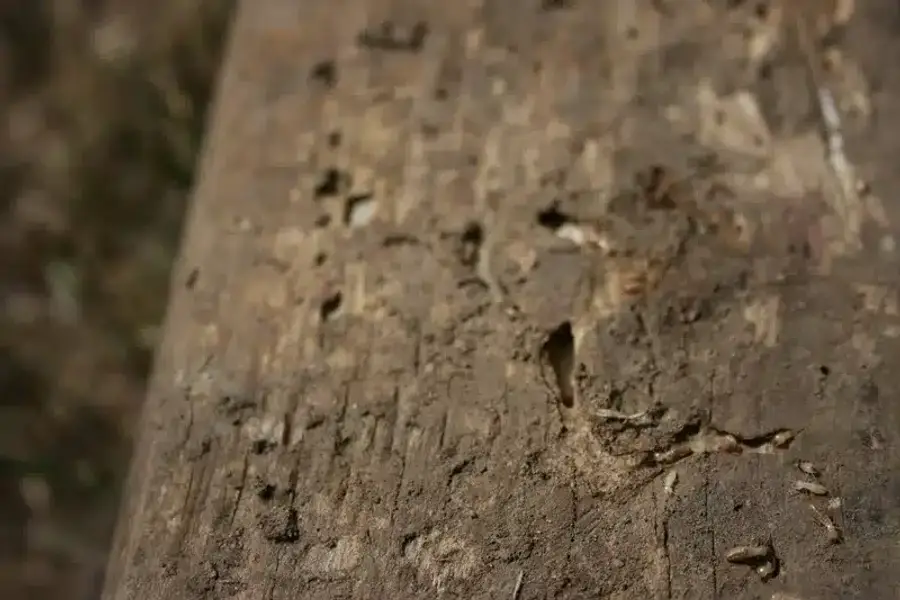
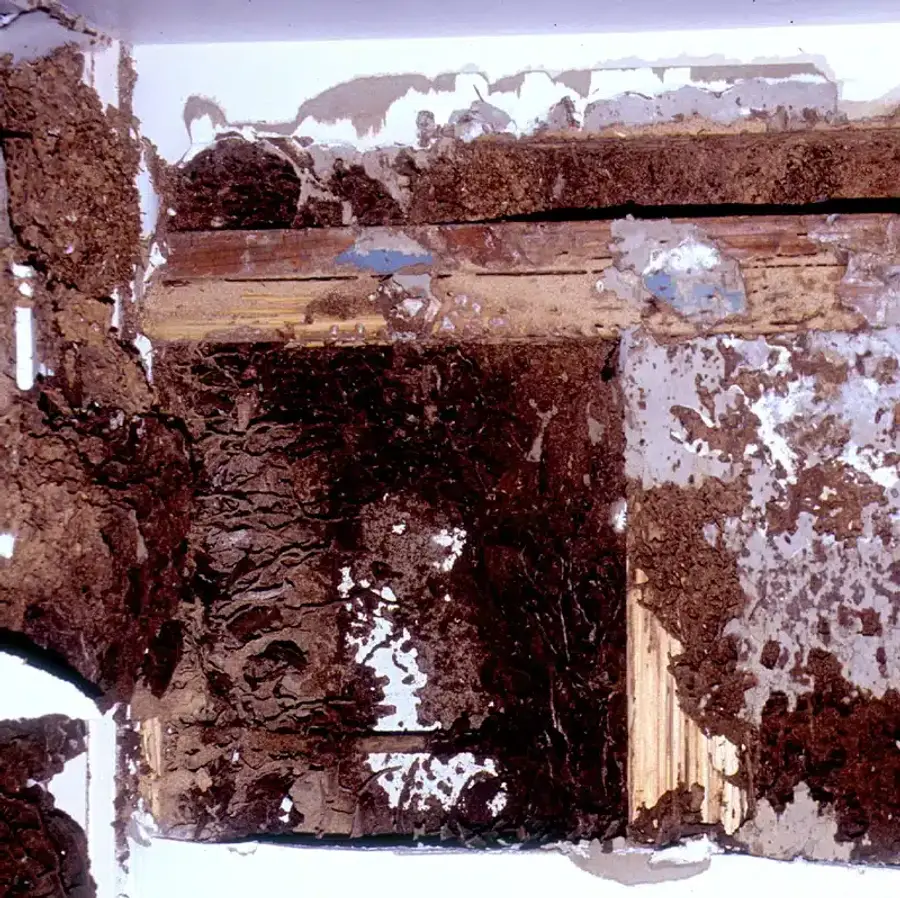
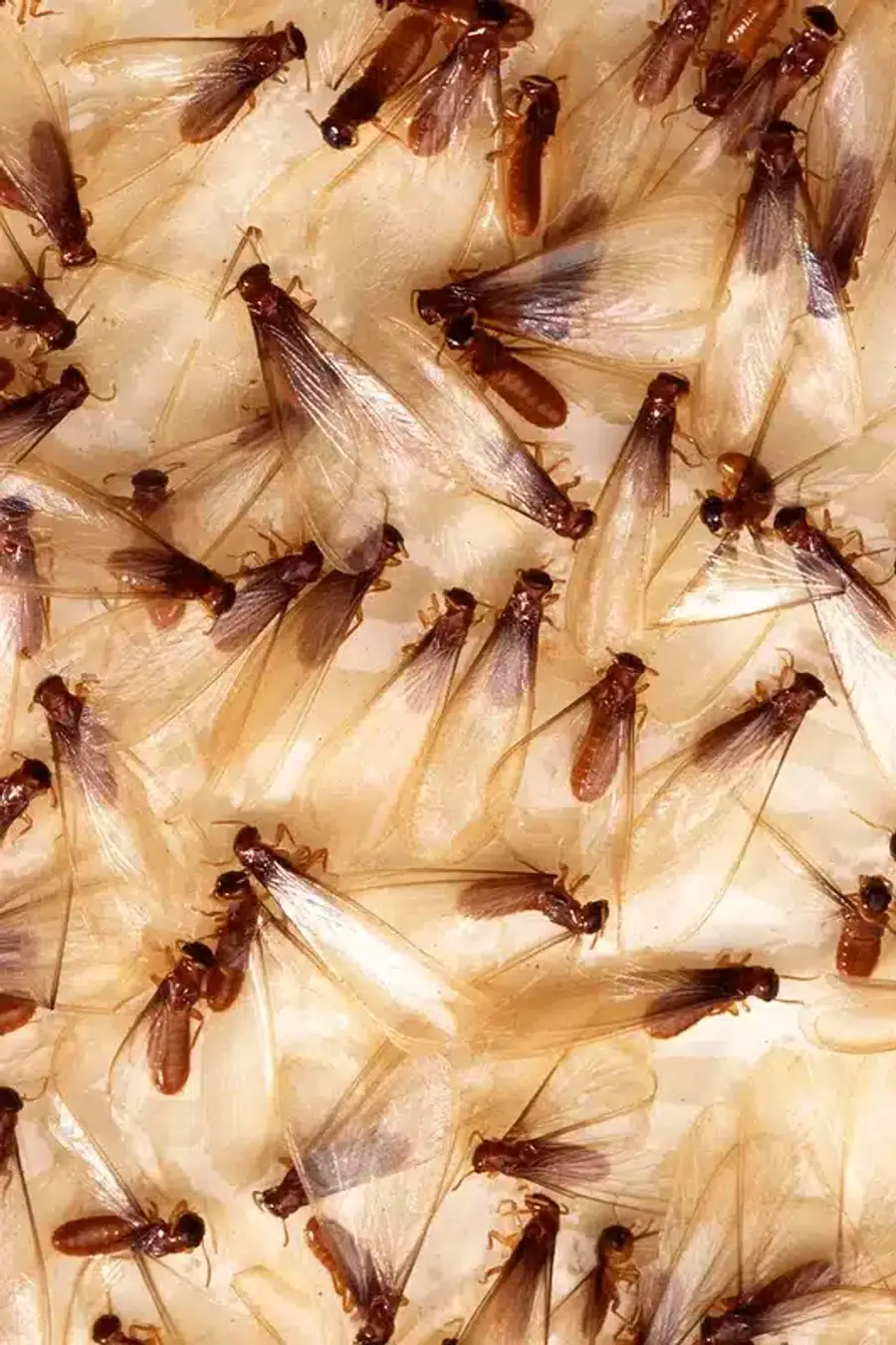
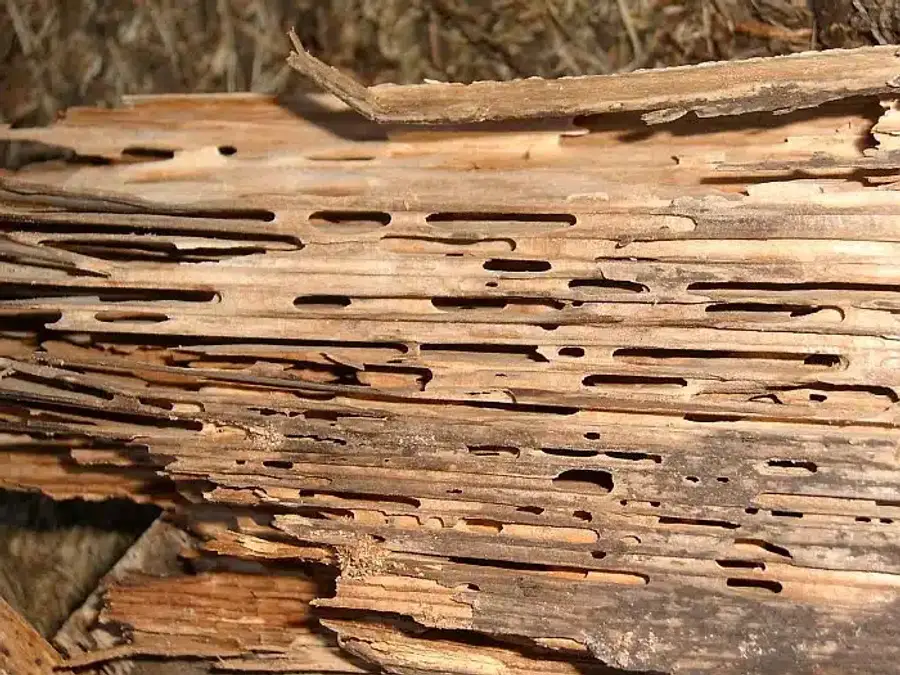
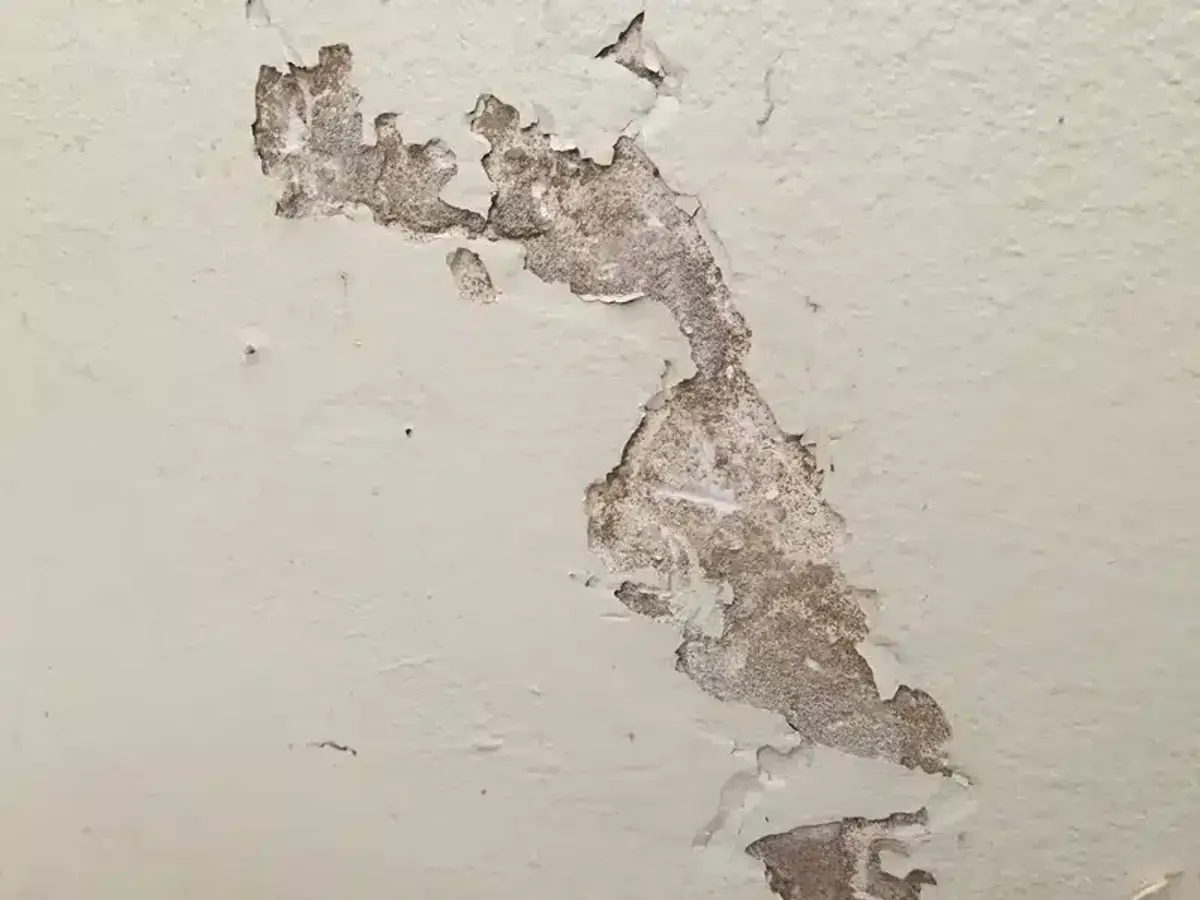
Termites cause hidden damage. According to the US EPA, termites cause billions of dollars in property damage annually. They hollow wood from the inside, leaving a thin outer veneer.
You might see sagging floors, warped doors, or blistered paint. Early treatment, like How to Kill Termites: Expert Methods to Get Rid of Termites, can prevent costly repairs.
Signs of Termite Pest Infestation
Look for pencil-thin mud tubes on foundations and beams. Those tubes let termites move between soil and wood. You might spot swarmers or discarded wings by windows. Drywood termite frass looks like tiny pellets.
Tapping wood that sounds hollow can reveal hidden galleries. Soil packed in cracks or blistered paint are red flags. For more, see What Are Flying Termites? and Termites vs Flying Ants: How to Tell the Difference.
Termite Lifecycle and Growth
Termite colonies start when winged swarmers land and shed wings. A new colony takes about 3-5 years to mature.
A mature colony may have hundreds of thousands of termites. Those colonies can form satellite nests and spread through yards, as described in How Termites Spread Throughout A Neighborhood.
How to Prevent Termites: Essential Protection Tips
While you may worry “do termites bite humans”, the real concern is wood damage.
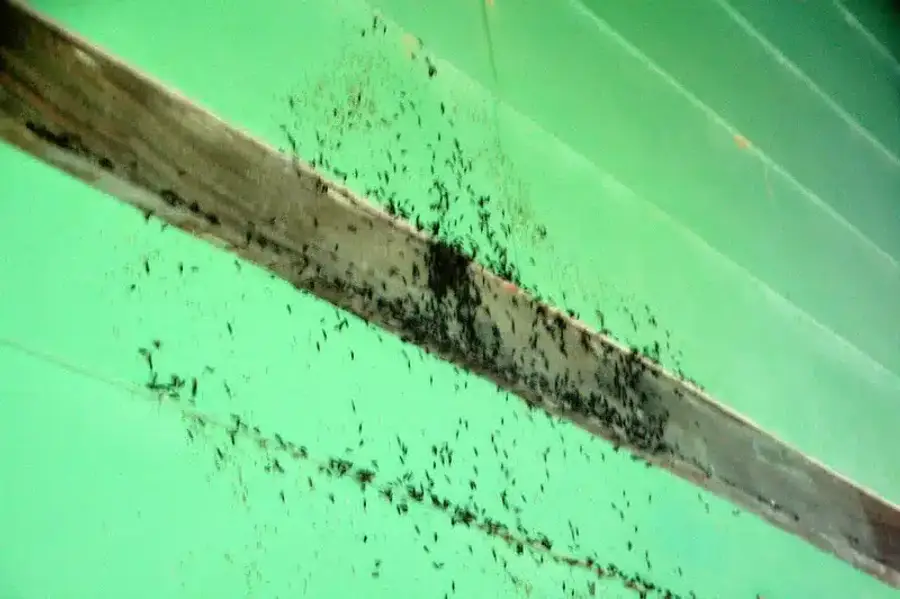
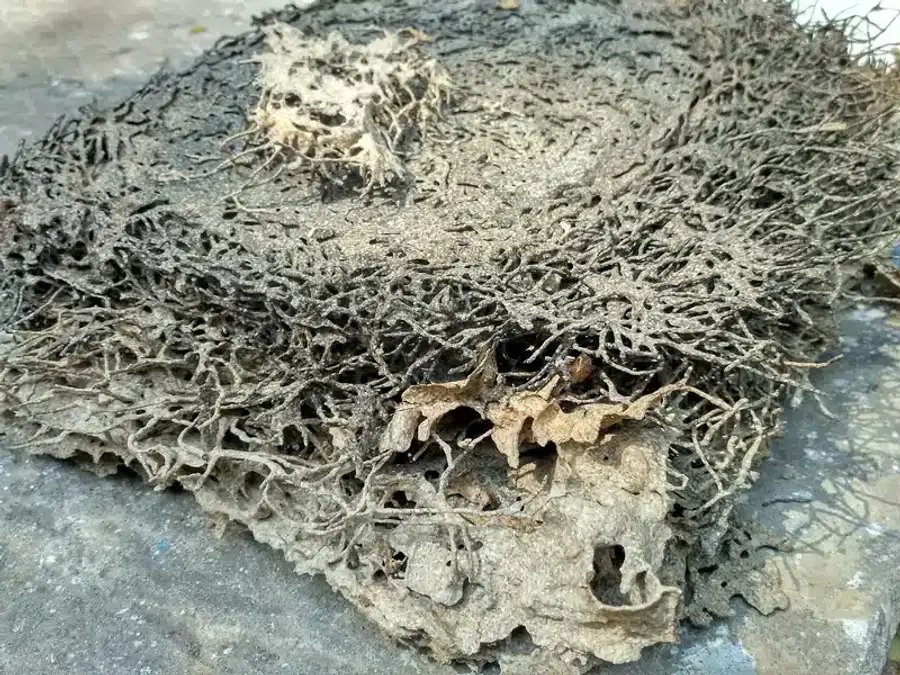
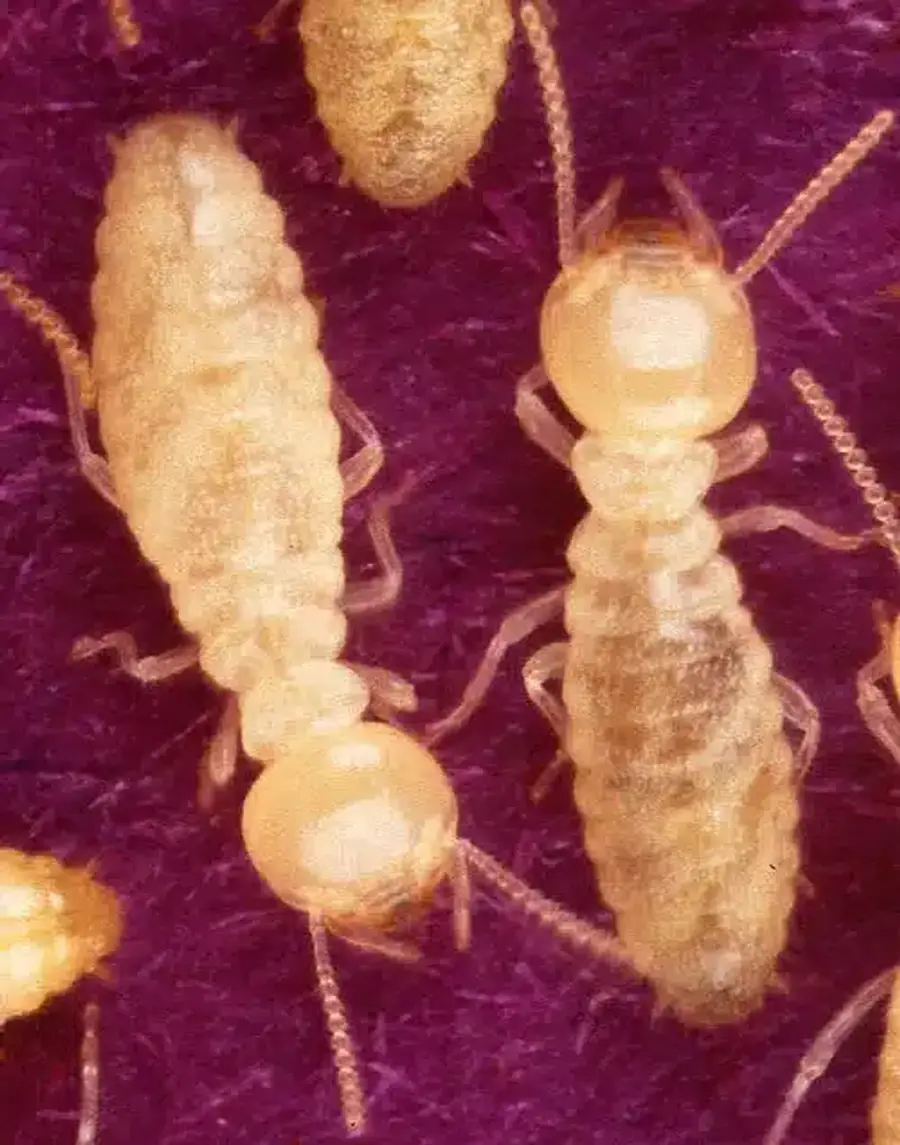
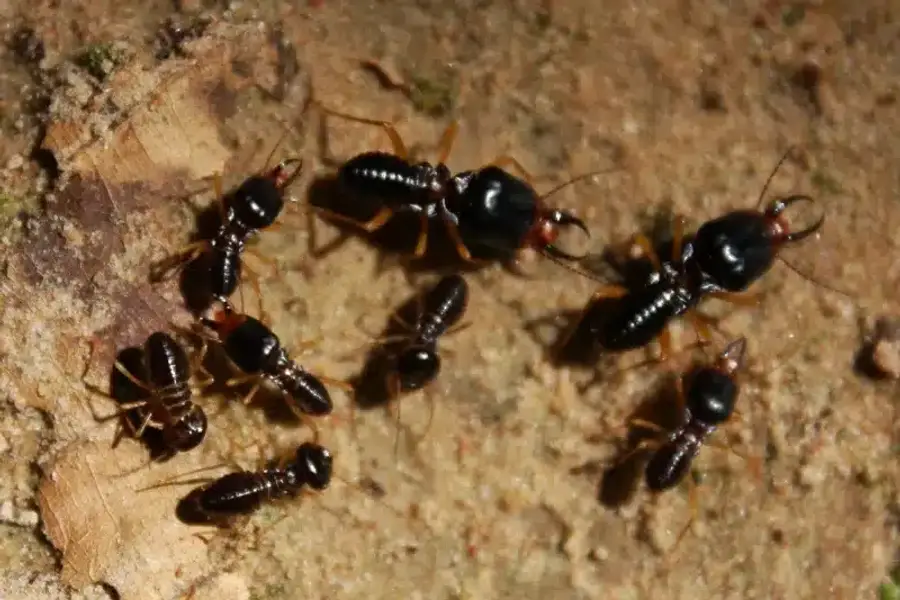
Mulch holds moisture, so keep it at least 6 inches from foundations. Installing proactive bait stations like Sentricon often costs less and causes less stress. I’ve found they excel at colony elimination. For more tips, see Termite Prevention & Control.
How to Get Rid of Termites: Effective Treatments and Solutions
For severe infestations, liquid treatments with Premise or Termidor work. We trench around foundations, drill slabs, and apply spot treatments. These methods reach termites that miss bait stations.
Combining Sentricon with targeted liquids often stops stubborn colonies. You can learn home remedies and pro tips in How to Get Rid of Termites: Pro Methods & Home Remedies.
Professional Termite Inspections
A licensed technician can catch problems early. Our team uses a 78-point inspection to check entry points, moisture, and wood condition. Annual inspections find hidden mud tubes and damage.
Plans include unlimited callbacks until issues drop to a good baseline. No binding contracts keep you in control. Learn why you need yearly checks in Why You Should Always Get An Annual Termite Inspection.
We serve the DC metro area, including Northern Virginia Termite Control and Reston Termite Control.
Frequently Asked Questions
Do termites bite humans?
+
Termites rarely bite people. Soldier termites might pinch defensively if you handle infested wood. Most bites cause only a tiny red mark and slight itch.
Can termite bites get infected?
+
Termite bites don't inject venom or germs. They rarely break skin deeply. Clean any red spot with soap and water and watch for normal healing.
Are termite bites painful?
+
Most people feel only a minor pinch or nothing at all. Termites lack strong jaws to pierce skin easily.
Can termites harm pets?
+
Termites focus on wood, not pets. Pet bites from termites are equally rare. Monitor your pets for common biting pests like fleas or ticks instead.
Do termite swarmers bite?
+
Winged swarmers don't bite. They don't feed on humans. Their only goal is mating and starting new colonies.
Should I treat termite bites?
+
No medical treatment is needed. Termite bites don't carry disease. Apply a mild itch cream if you feel irritation.
How can I prevent termite bites?
+
Avoid handling infested wood without gloves. The best way to avoid bites is stopping infestations before they start.
With five years of hands-on experience in the pest control industry, George Schulz is a registered technician with the Virginia Pest Management Association and a proud third-generation professional in a family business that's been protecting homes for over 57 years. He manages and trains a team of service pros while also leading internal research efforts—recently spearheading a deep-dive review of thousands of documents on pest control materials to hand-pick the most kid and pet friendly, most effective solutions tailored specifically for homes in the DC metro area.
